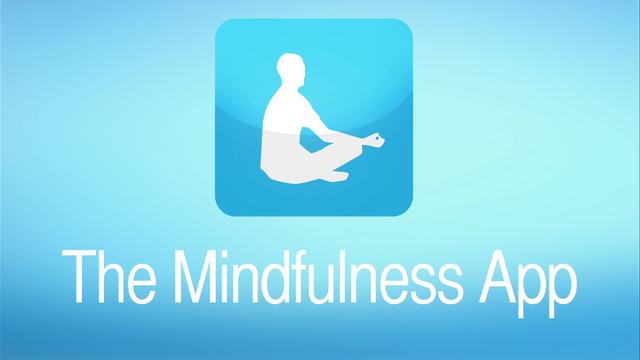Blog Articles
Wednesday, November 25th, 2015

We've talked extensively about the benefits of biomedical informatics to the everyday consumer. From devices that detect seizure activity to 3D printing technology, informatics touches everyone.
You are probably familiar with the smartphone apps and devices that are dedicated to counting steps, measuring sleep, and managing calories. What you may not be familiar with is the growing utilization of technology to help promote mindfulness and emotional wellbeing.
With so many individuals looking to establish healthy habits on a daily basis, practices such as yoga and meditation are becoming more and more popular. For those individuals who are reluctant to attend a class, or want to supplement their sessions, mindfulness apps provide a simple alternative.
Just like with physical tracking devices, there are a lot of options. We've curated just a few of these, showcasing the wide range approaches.
Meditation and mindfulness have been shown to promote overall health and well-being, but many people struggle with where to start. Headspace is a computer program and smartphone app that aims to guide first-timers through the process of meditation, beginning with short, ten minute sessions that gradually increase as time goes on.
The goal of Headspace is to encourage its users to spend at least ten minutes a day pulling back from the stressors of day-to-day life and focusing instead on taking stock of their own mental well-being. A study recently found that Headspace users improved their mood and experienced fewer signs of depression after ten days.
People often turn to mind-bending puzzles to hone their intelligence, but what about their happiness? Happify seeks to make use of scientific data to produce games that increase a user’s overall sense of wellbeing. These games are not designed to help you become the next Albert Einstein – rather they hope to help you create and maintain a more positive outlook.
Stop, Breathe & Think
With Stop, Breathe & Think, users take mindfulness a step beyond their own body or mental state and apply compassion towards others. This free app, developed by a nonprofit whose mission is to increase peace in the world, takes just five minutes to use. Its features help you gauge your current mental state of mind, physical well-being, and emotional status. Based on your responses, the app curates meditations that are best suited to you in that moment.
As our brains develop, we change the way we view the world and our own health. Smiling Mind takes this into account, with mindfulness sessions suitable for a wide spectrum of ages--from seven to adult. It also offers bite-sized, one-minute sessions for app users on the go, and post-meditation evaluation sessions help you keep track of your personal trends over time.
Yoga can provide many physical and mental health benefits, including reducing pain, blood pressure, anxiety and depression. Whether you’re a complete beginner at yoga or an expert with many years of practice, this app’s 60+ classes will lead you through skill level-appropriate sessions that range from 10 to 60 minutes, all captured on video with clear explanations.
While none of these apps or programs are intended to replace professional guidance, they do offer insight into the many different ways in which information technology is being harnessed, and potential methods to track emotional wellbeing as well as physical health.